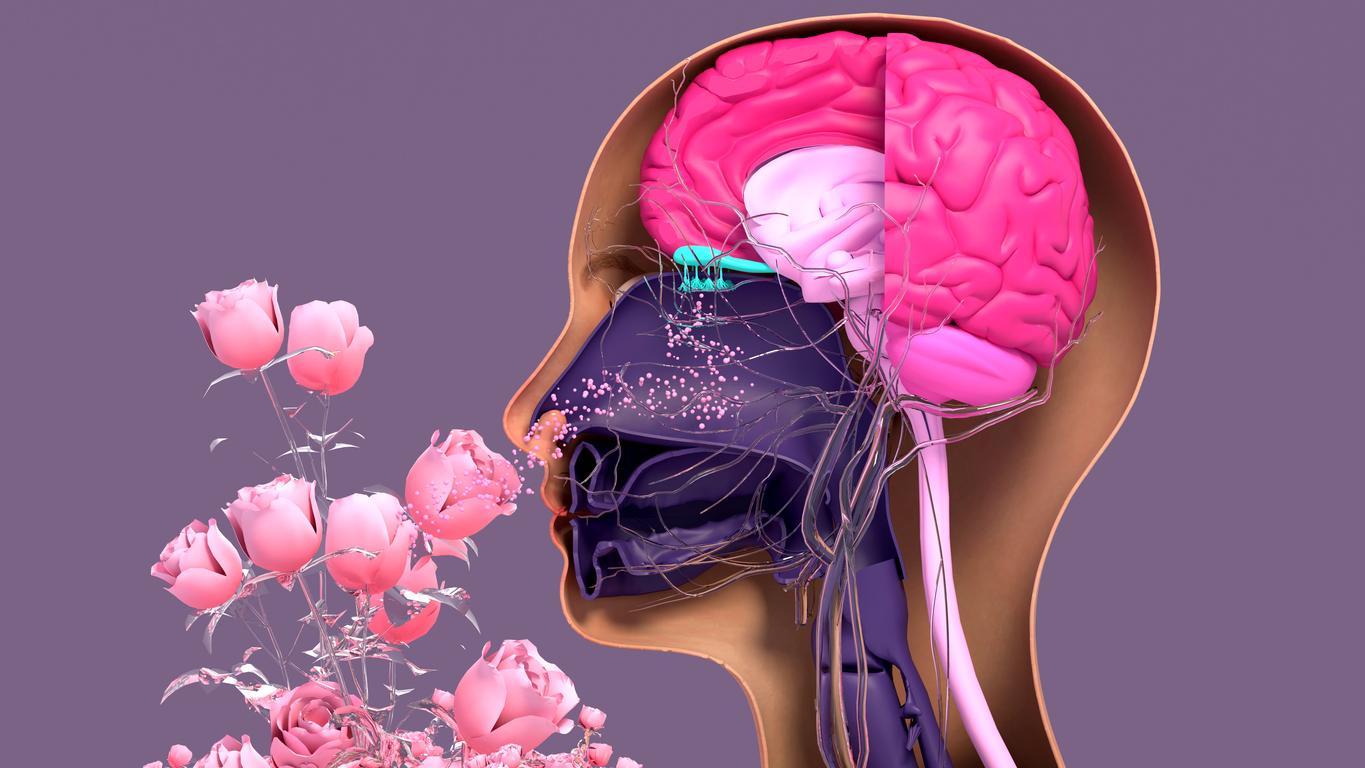Hallucinations in patients with Parkinson’s disease are linked to faster cognitive decline, according to a new Swiss study.

- Patients affected by Parkinson’s disease, who suffer from hallucinations, show a more rapid cognitive decline.
- “If you have Parkinson’s and experience even mild hallucinations, you need to communicate this information to your doctor as soon as possible”, warns one of the researchers.
- Early management of the disease improves the patient’s quality of life and the evolution of the pathology.
You feel like someone is right behind you, but when you turn around… he there is no one. You just had a presence hallucination. When frequent, this phenomenon can be a precursor to Parkinson’s disease, according to researchers at the École Polytechnique fédérale de Lausanne.
Parkinson’s and hallucinations: faster cognitive decline
For this study presented in the journal Nature Mind Health75 patients with Parkinson’s disease aged 60 to 70 underwent tests to assess their cognitive status and the presence or absence of hallucinations. Their brain activity at rest was also measured.
The results revealed that the volunteers who had early hallucinations showed a faster cognitive decline than the others in the following five years. More specifically, it was the frontal executive functions that were affected.
“We now know that early hallucinations must be taken seriously in the disease of Parkinson’s”confirms Olaf blankeholder of the Chair Bertarelli in neuroprosthetics cognitive and director of the cognitive neuroscience laboratory at theEPFL, in a press release from the Swiss establishment.

Disease Parkinson’s: it is important to recognize the signs early
This finding highlights the importance of taking early hallucinations seriously in patients with Parkinson’s. Too often, neurodegenerative conditions such as Parkinson’s disease are diagnosed late, which also delays treatment and the treatment appropriate.
“In By detecting the warning signs of dementia, we can manage the disease earlier. This makes it possible to develop and improve personalized therapies, capable of modifying the course of the pathology and improving the functions cognitive”explains Olaf blanke.
“Whether you have Parkinson’s and experience even mild hallucinations, you need to communicate this information to your doctor as soon as possible, adds Fosco Bernasconifirst author of the study and also a member of the Cognitive Neuroscience Laboratory at theEPFL. So far, we’ve only proven the link between cognitive decline and hallucination in Parkinson’s, but it could also be the case in other neurodegenerative diseases.”















